Portuguese are among the most concerned about the use of nuclear weapons and a third world war
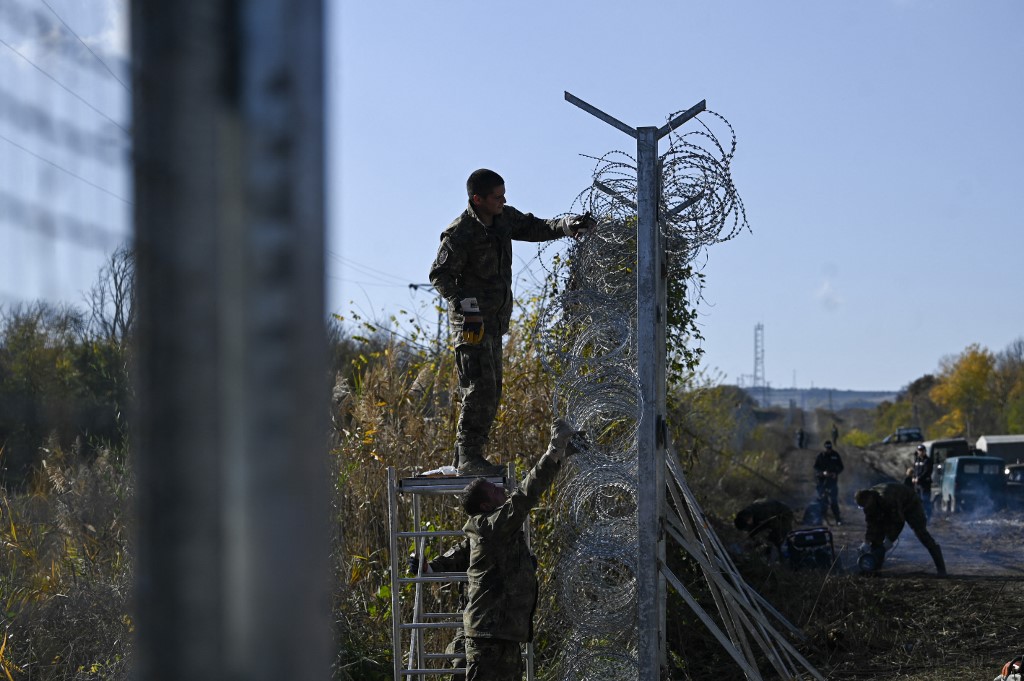
The Portuguese respondents were the ones who showed, in an opinion study conducted in 12 European countries, the most fear about the use of nuclear weapons, a potential third world war, and a larger war in Europe beyond Ukraine.
“Most Europeans are waking up to the reality that they live in a very different world. Although the fear of a Russian attack on NATO territory is less widespread than some analysts suggest – although it is felt intensely in certain border states, such as Poland, Estonia, and Romania, as well as in Portugal – it is the growing fear of a nuclear conflict that more clearly captures the new European anxiety,” indicates the European Council on Foreign Relations (ECFR) in a study published today.
One day before the start of the two-day summit of the North Atlantic Treaty Organization (NATO) marked by strong geopolitical tensions in the Middle East and Ukraine and the need to increase defense investment, the ECFR releases an opinion study covering 12 countries (Portugal, Denmark, Estonia, France, Germany, Hungary, Italy, Poland, Romania, Spain, Switzerland, and the United Kingdom) and 16,440 respondents over the age of 18.
When asked if they would be concerned about potential events, the Portuguese respondents indicated greater concern regarding the use of nuclear weapons (85%), a third world war (82%), and a larger war on European soil beyond Ukraine (77%). These were the highest percentages among the surveyed countries.
Conversely, the Portuguese respondents showed less concern about a potential Russian invasion of the country (54%) and the disintegration of the European Union (EU) or NATO (65% and 66%, respectively).
The Portuguese respondents (who numbered 1,010, surveyed between May 16 and 28) also expressed greater unease that the state invests too much in defense and neglects other policies than not investing enough, which could jeopardize the country’s security.
Regarding the American President, Donald Trump, the majority of respondents in Portugal (54%) believe that the Republican affected the relationship between Europe and the United States, but that connection will improve when he leaves.
The 12 countries selected by the ECFR for this opinion study are based on criteria such as geographical balance and size.
NATO allies will meet on Tuesday and Wednesday for a summit in The Hague, Netherlands, under the urgency to spend more on defense, hoping that there will be no war, but preparing for the worst.
This meeting of NATO leaders and ministers will serve to discuss global events and their impact on Euro-Atlantic security, with allies preparing for war without expecting it to actually occur.
There is talk of a goal to reach 3.5% of Gross Domestic Product (GDP) with traditional military spending (armed forces, equipment, and training) and an additional 1.5% of GDP in dual-use infrastructure, civilian and military (such as related to cybersecurity, readiness, and strategic resilience), an increase from the current target of 2%.
In Portugal, the government announced that it would bring forward the 2% GDP defense target to 2025.
Last Wednesday, Mark Rutte welcomed this Portuguese announcement, stating that this is “great news,” which came even before the start of the summit.
In 2024, Portugal invested about 4.48 billion euros in defense, approximately 1.58% of its GDP, which placed the country among NATO allies with the lowest military spending – below the 2% target – according to estimates from the government and the organization.
Portugal will be represented at the Hague summit by Prime Minister Luís Montenegro and the Ministers of Foreign Affairs and Defense, Paulo Rangel and Nuno Melo.





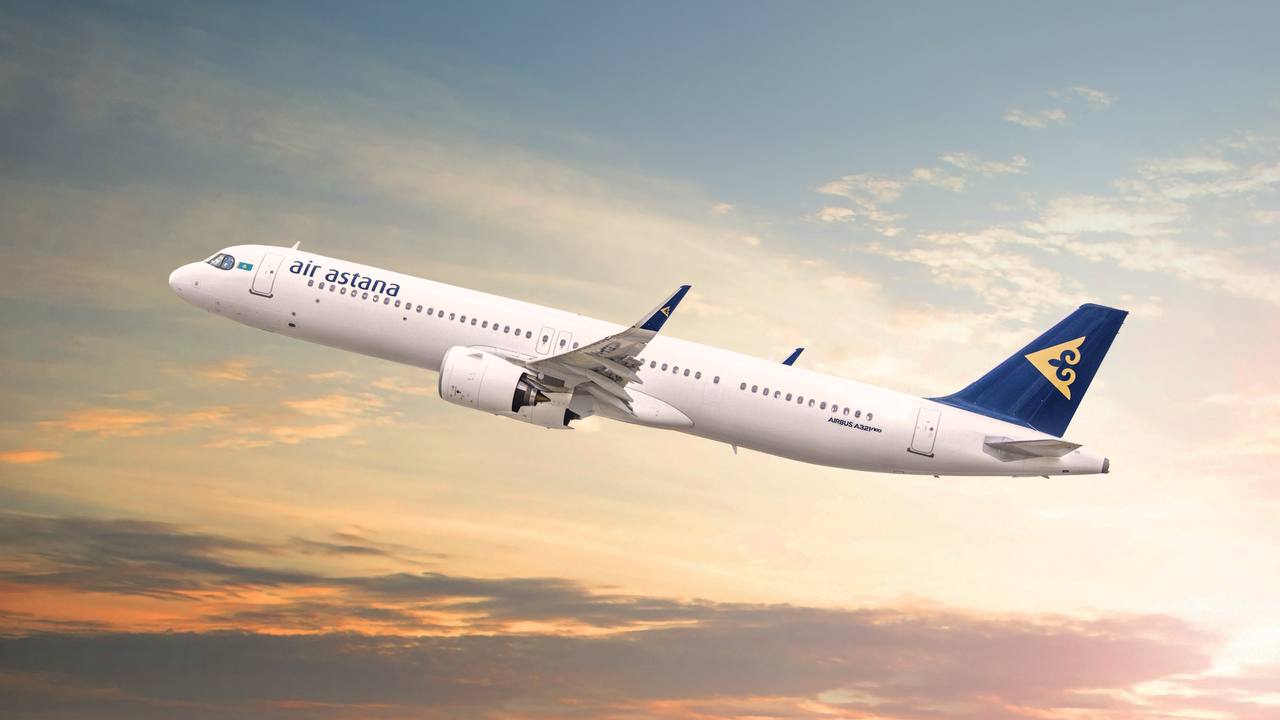
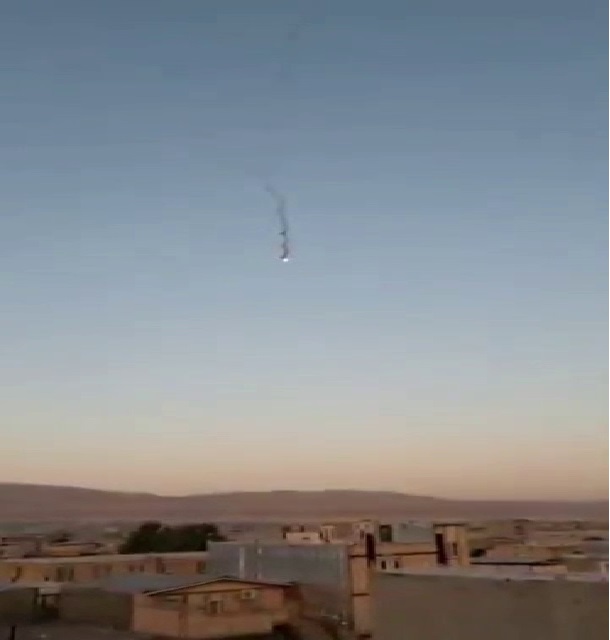
















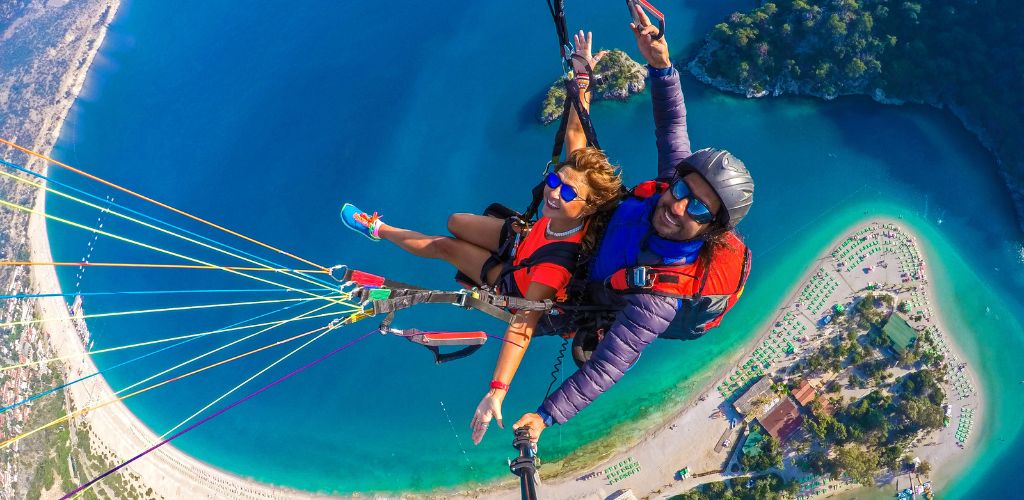





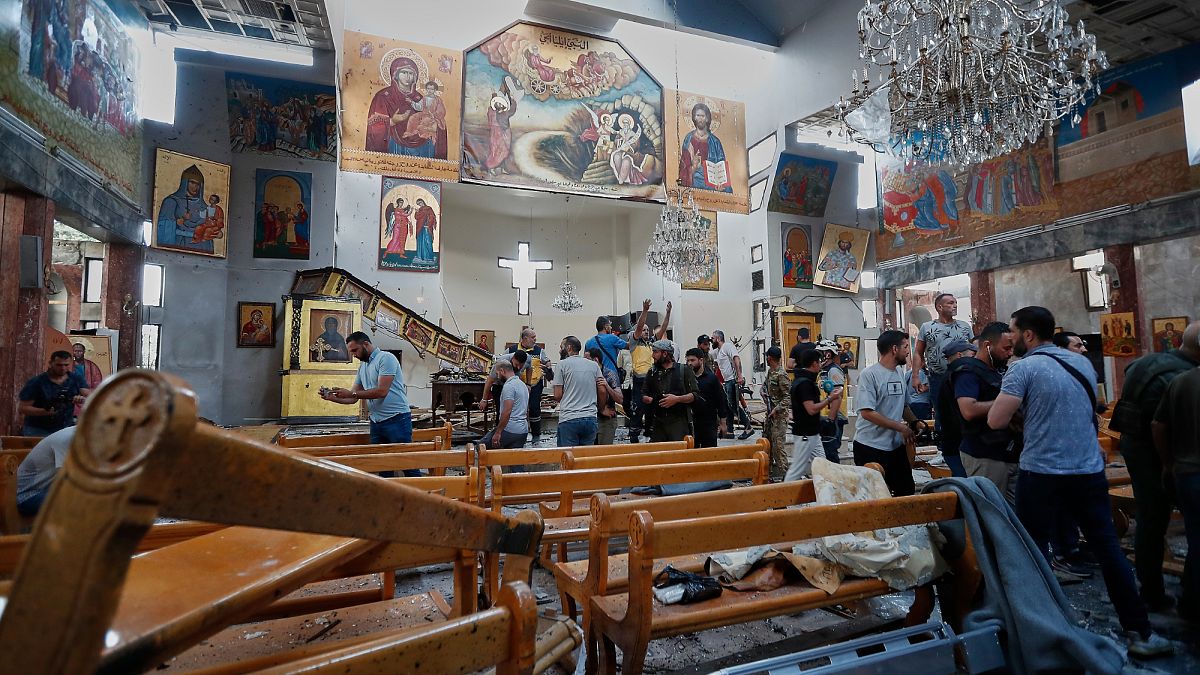






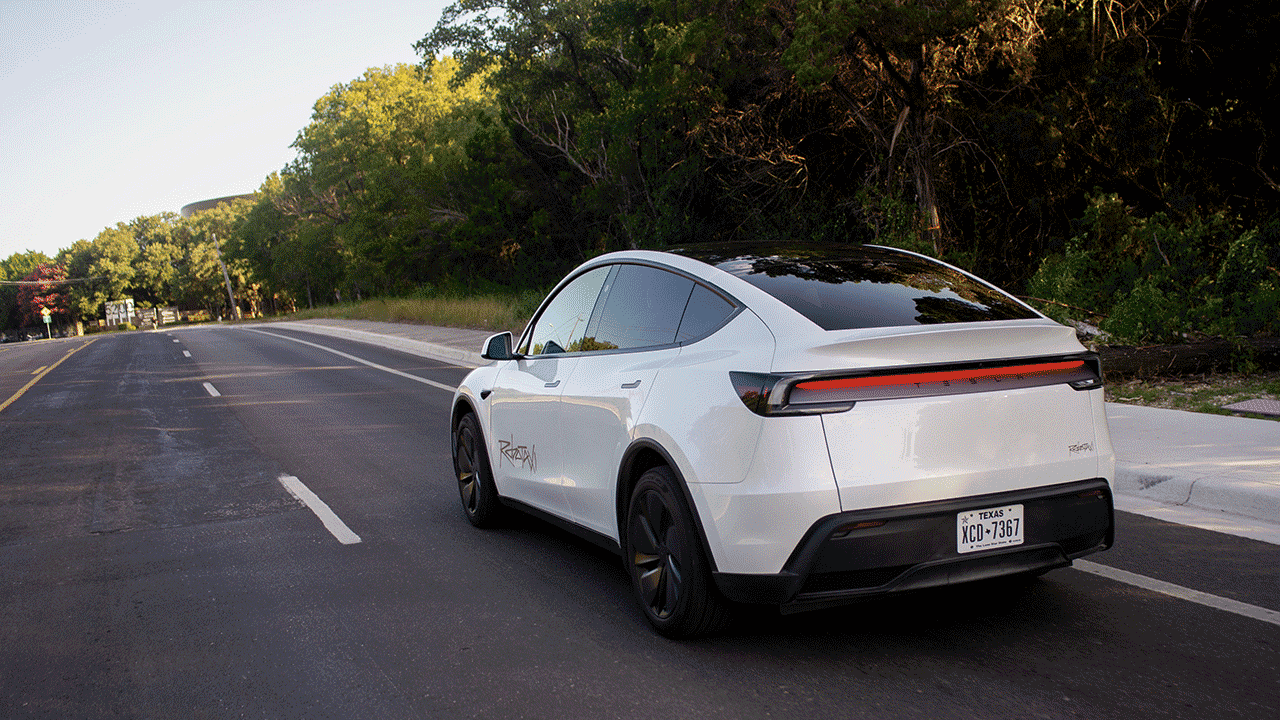



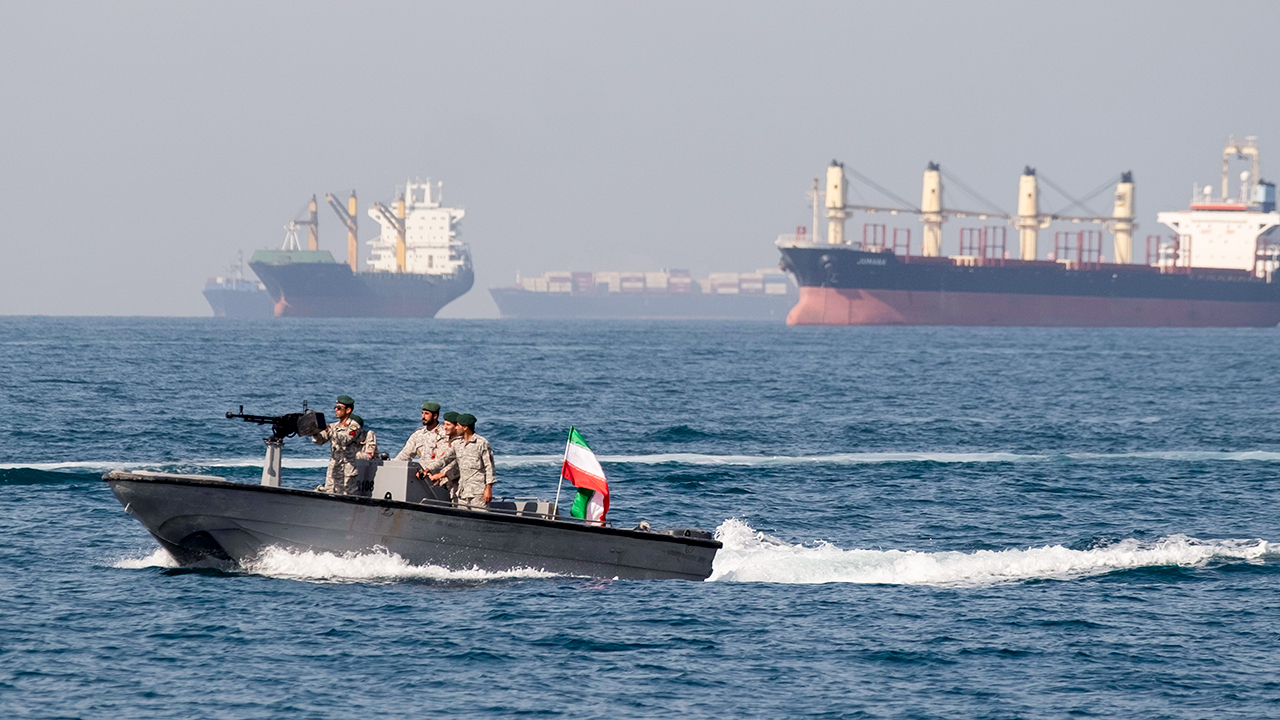

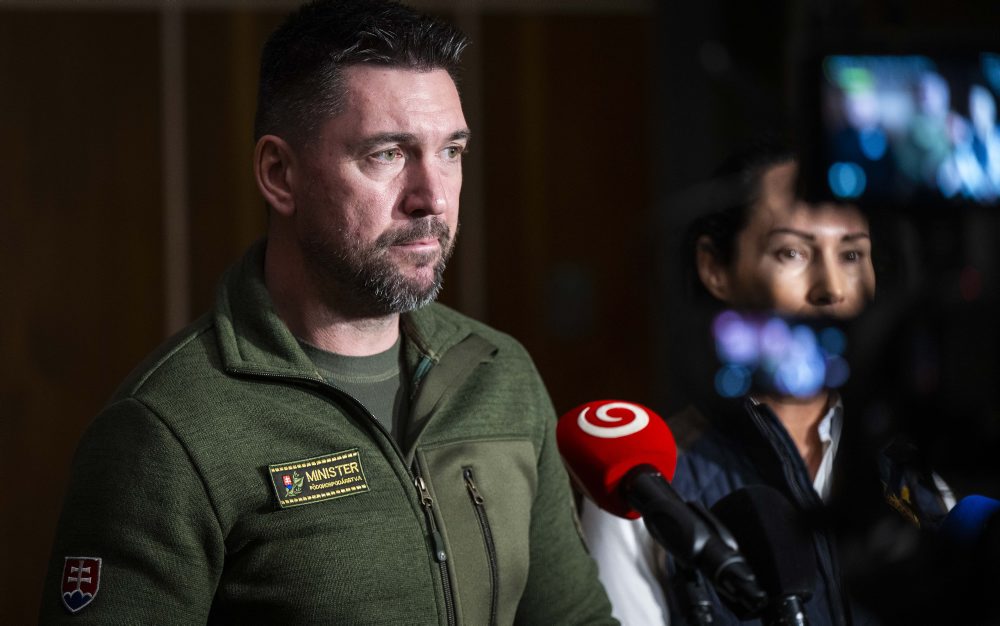

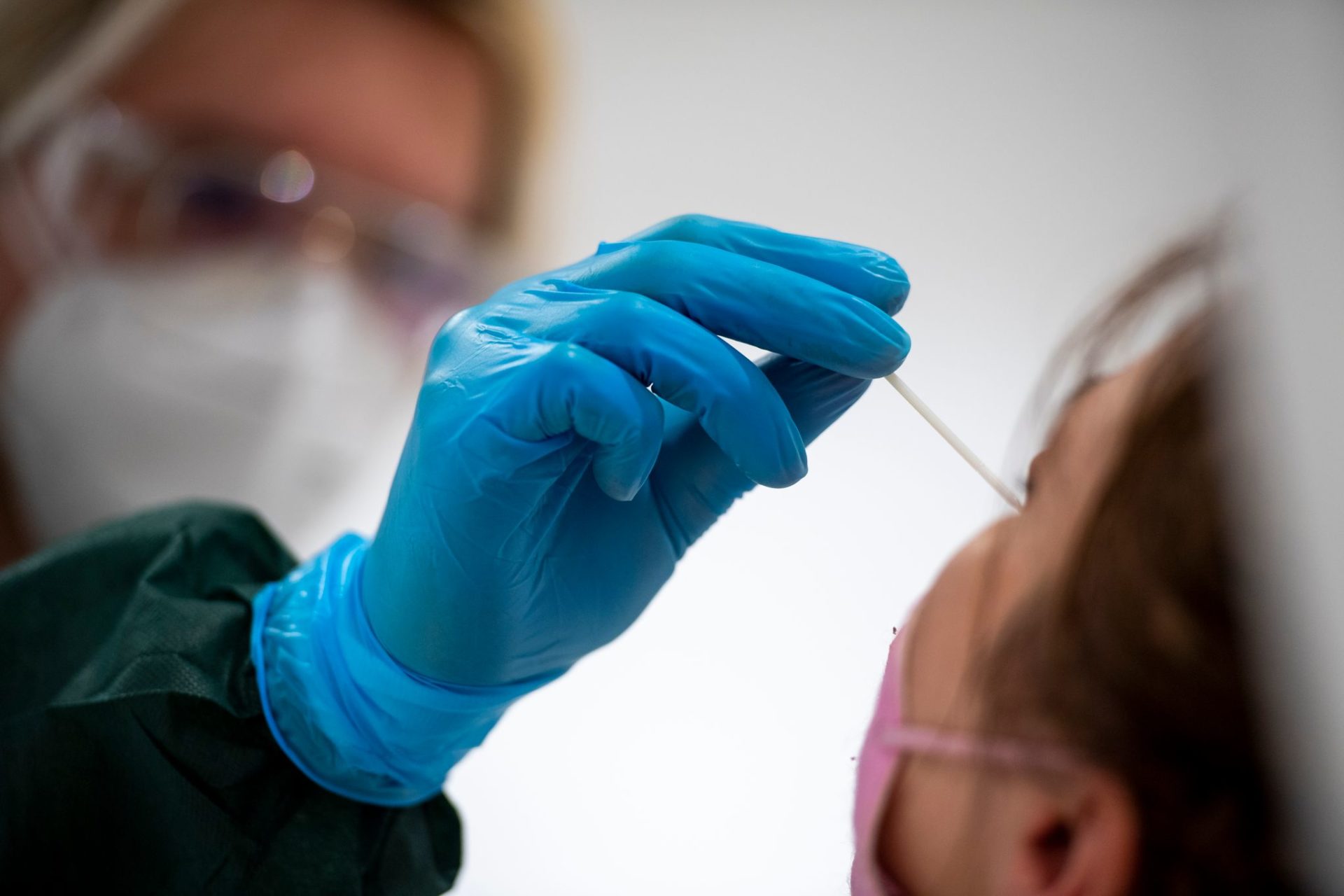


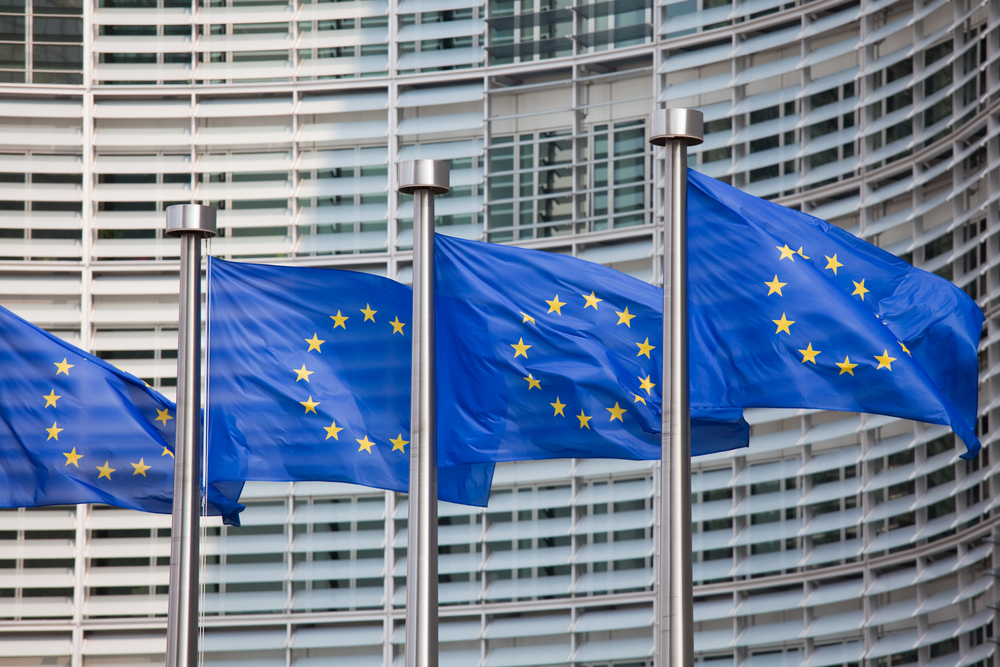


.png?Expires=1838763821&Key-Pair-Id=K2ZIVPTIP2VGHC&Signature=IO0~CT3pU-TcxGc~yoZSmoQx23MZVuK-~4jSii~NKEblRmyO3el7NXPu~Rh1o23voASg7hlcHLw4kvQuDK1jssEhcjoNBBvEpZ~GGOAU6yosBhpHpeF179F~h7i6VxmsBNh9gtTutkoqY73O2YCFey~IAqSzKbBqETP1kP9cAg1916Z1YkJJs-5MliMrkZ5d7-mWGLbpHp2wGj2VlMph8XzYlL4~y1O7fB~JdIS~Rs4RMRs2x0WT1qUIpHAsf3GdwtOyAmKFSpIg8xCyNGZZ5h~13nXlmpd7uPvW8tBfttpG9pFTqcway-uch5WyfHOEfi7UlJCOWrr6fCYY5PMgSg__)







